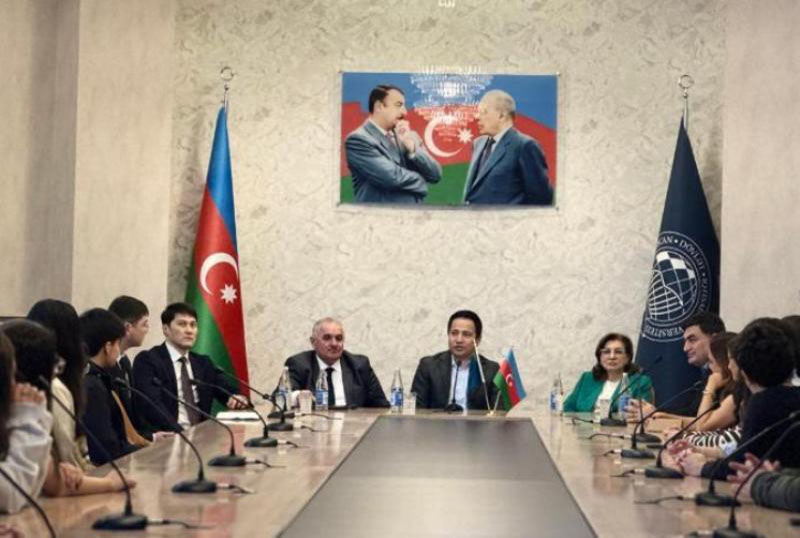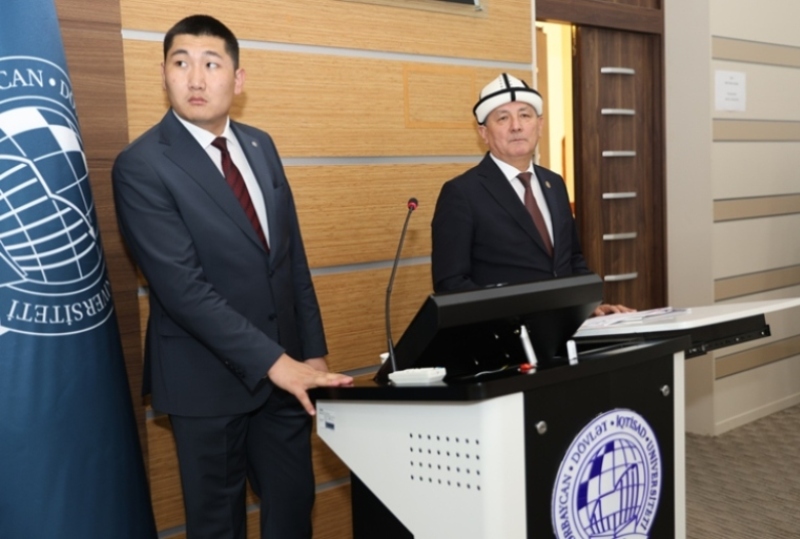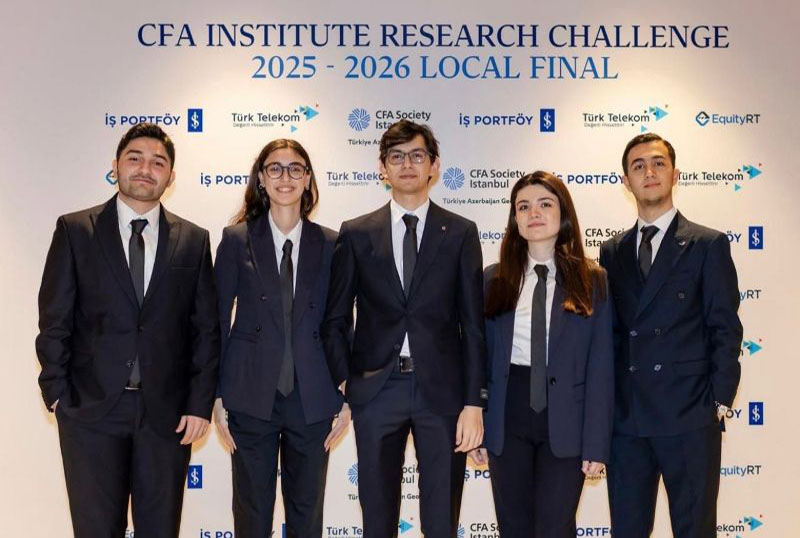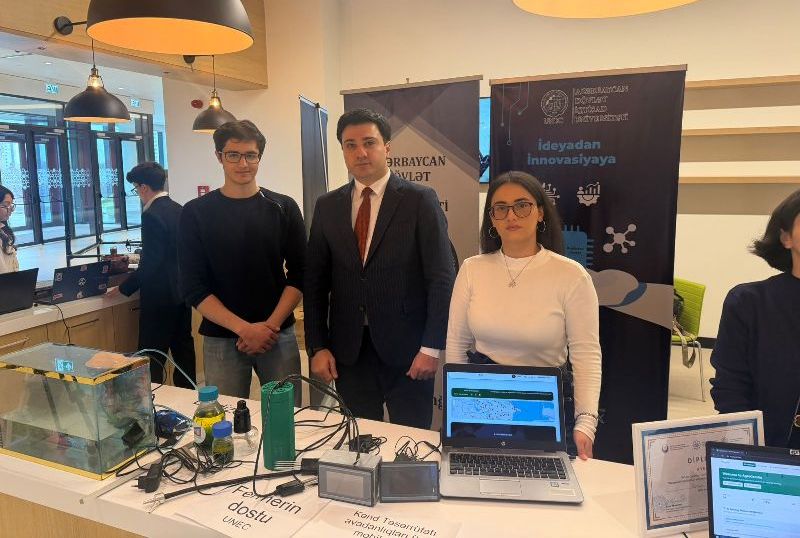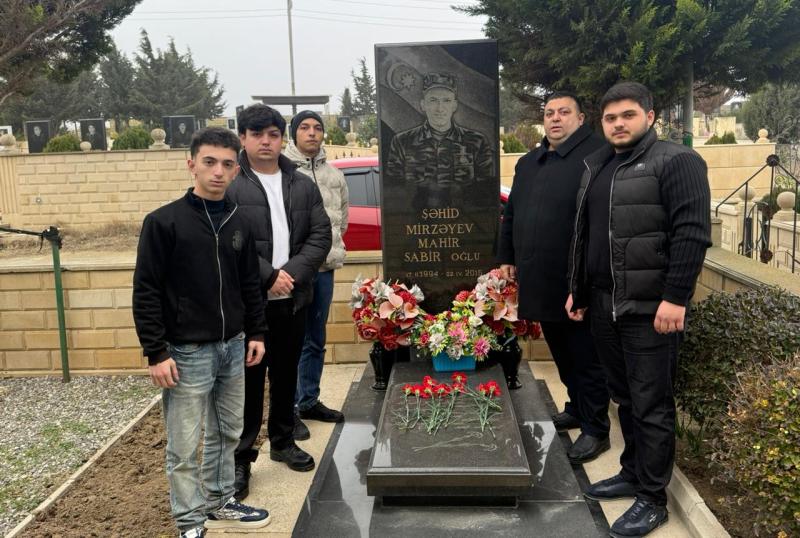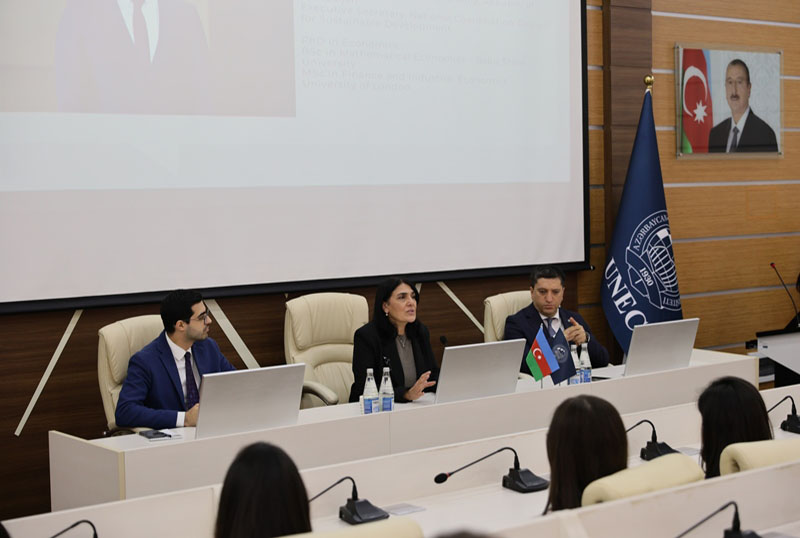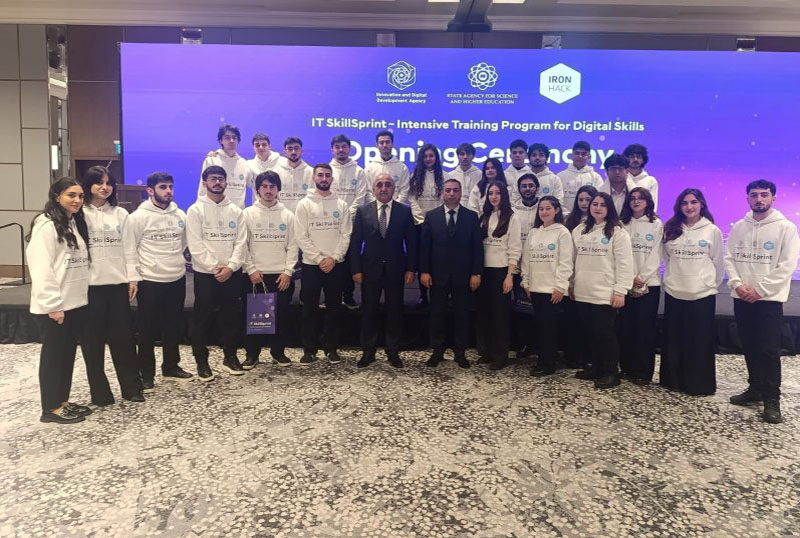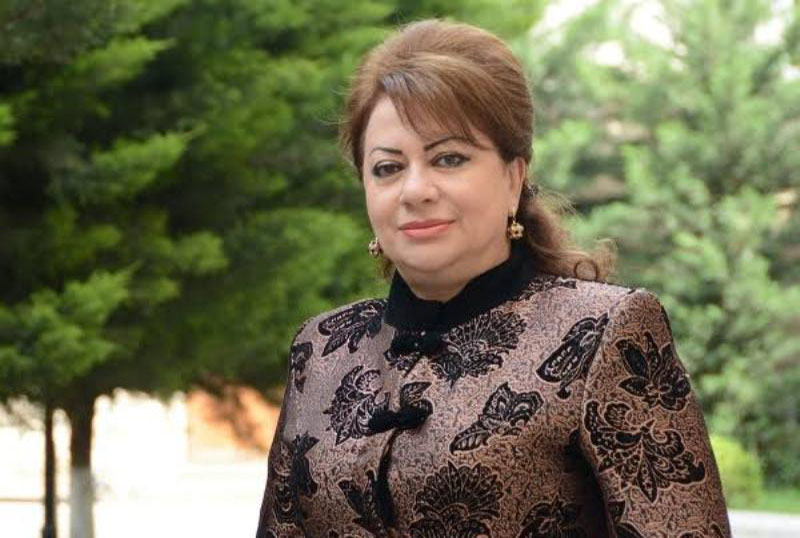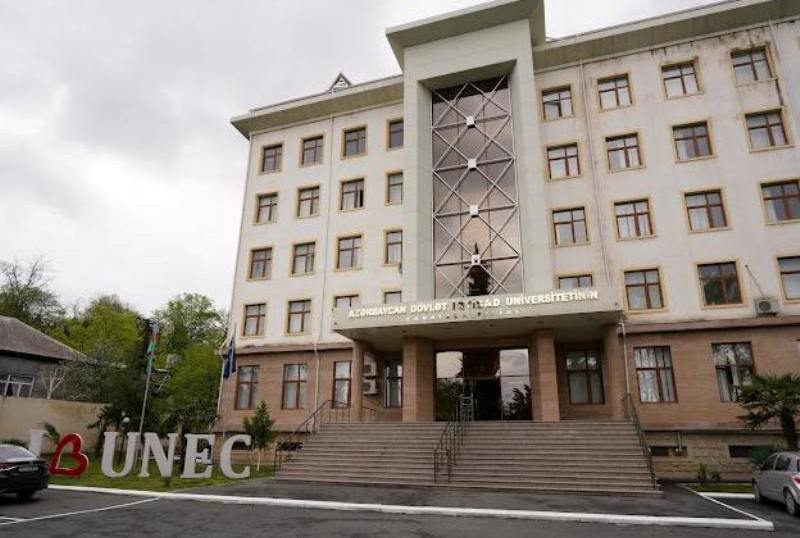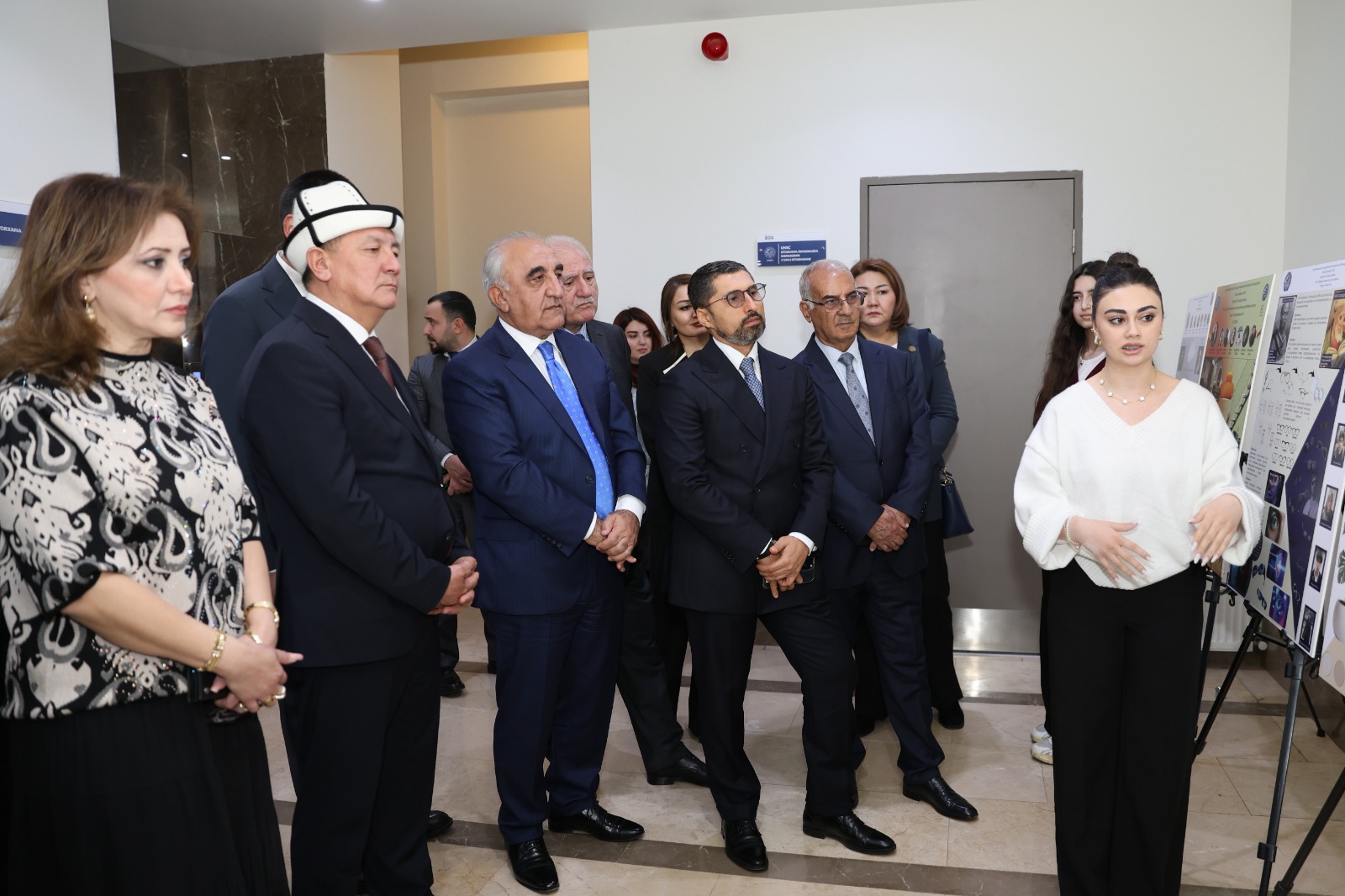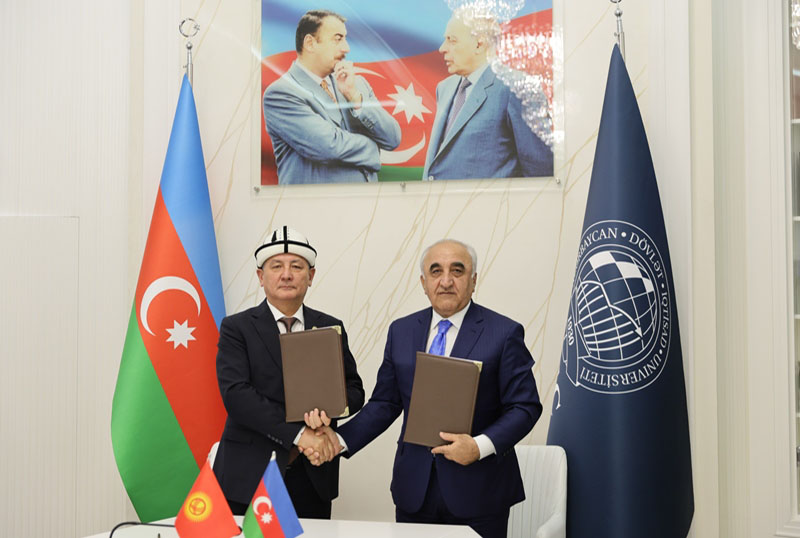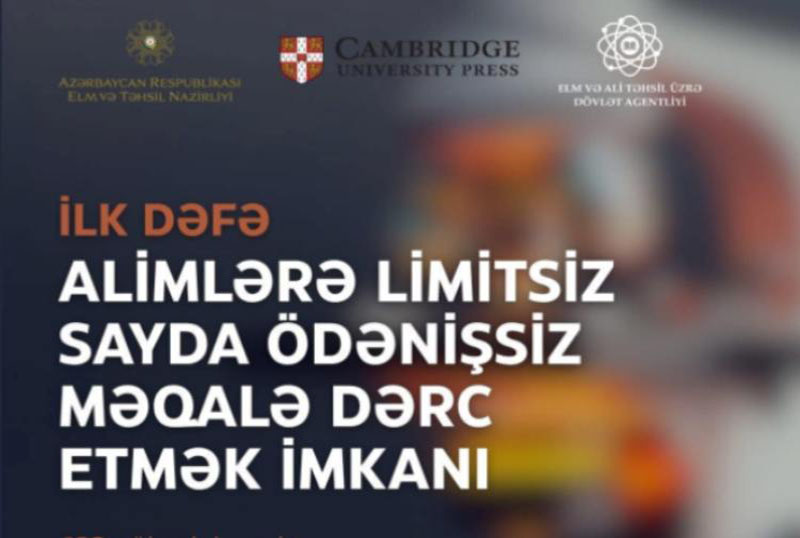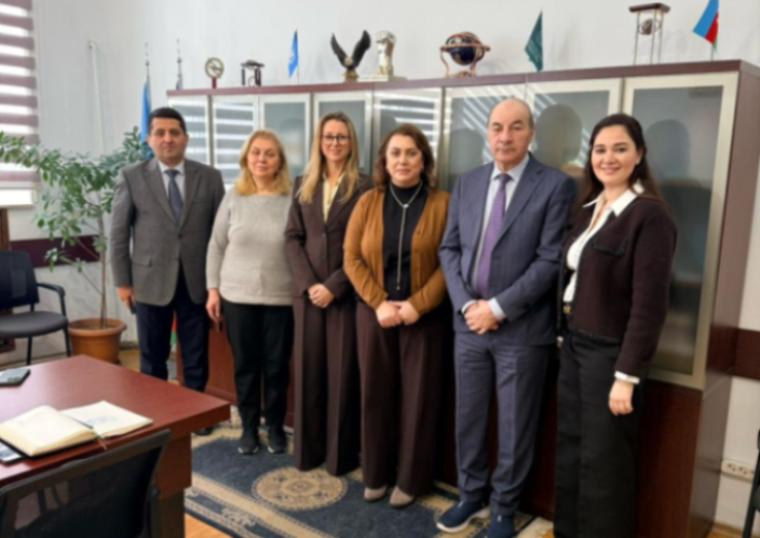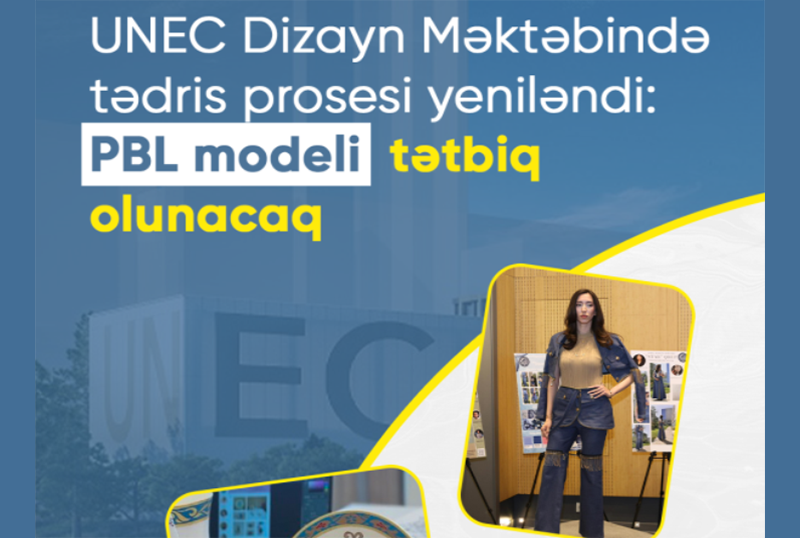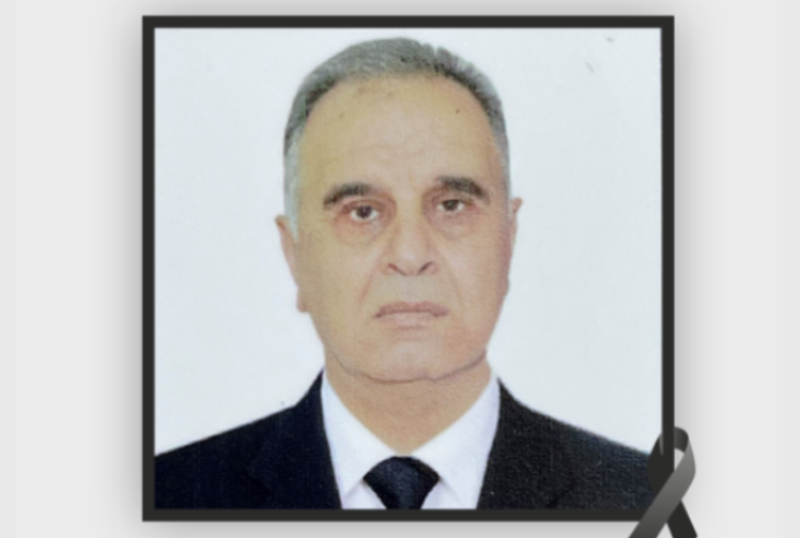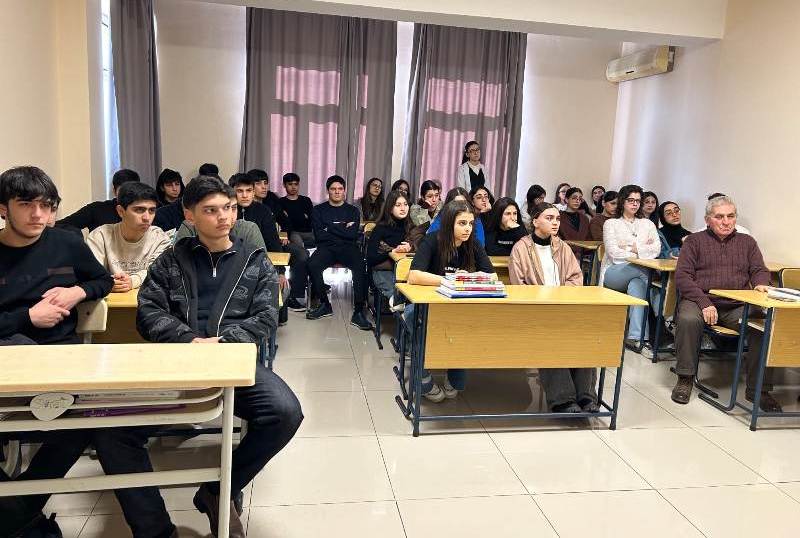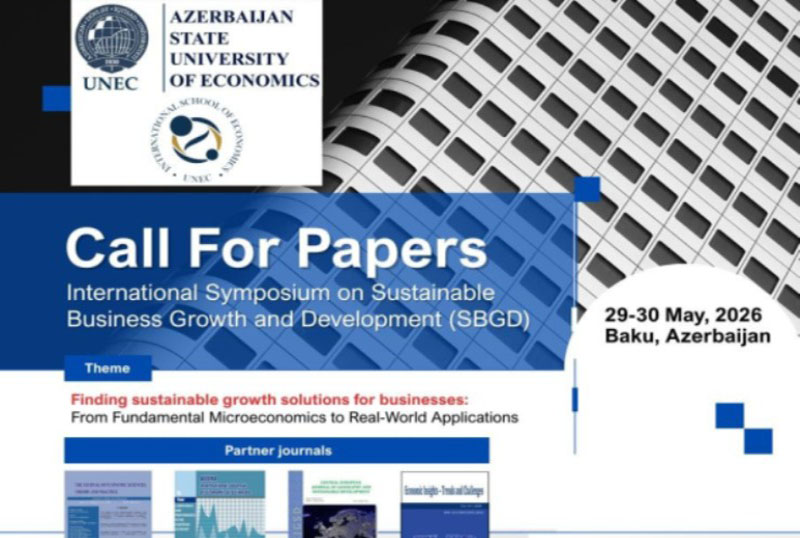The 29th United Nations Climate Change Conference, COP29, held in Baku, Azerbaijan, was one of the major milestones for the global climate cause. Sitting in the middle of the escalating environmental crisis, this conference aimed to connect previous pledges with pragmatic measures for forthcoming actions.
In that regard, the outcome of this conference sets a framework for future endeavors as the global community gears up toward COP30 in Brazil. Here's a closer look at what was achieved from COP29 and the roadmap it has set for upcoming climate actions.
COP29's Key Achievements
Enhancing Climate Finance
One of the highlights of COP29 was that it furthered discussions on a new, collective quantified goal (NCQG) for climate finance. This effort replaces the previous promise of $100 billion annually, which many developing countries felt was insufficient. The NCQG seeks to address the critical financing needs of the most vulnerable nations, building trust again between developed and developing nations — a trust severely eroded by delays and unmet promises. As a result, parties agreed to triple finance to developing countries, from the previous goal of USD 100 billion annually, to USD 300 billion annually by 2035.
Health and Climate Integration
One of the striking initiatives of COP29 was the creation of the Baku COP Presidencies Continuity Coalition for Climate and Health. Led by WHO, with the support of five COP presidencies, including Azerbaijan and Brazil, the coalition underscores the critical importance of integrating health policies into climate action. The initiative marked a critical shift toward protecting global health from climate impacts through a more inclusive and interdisciplinary approach to climate governance.
Scaling Renewable Energy
COP29 has also placed major emphasis on the transition to renewable energy, especially in the developing regions. The conference enabled partnerships to increase access to green technologies and infrastructure in line with the Paris Agreement's aspiration of keeping global warming below 1.5°C. Several countries announced ambitious national commitments to speed up their adoption of solar, wind, and hydrogen energy.
Difficulties and Unfinished Business
While these are very important successes, the problems still exist. Securing final agreements on the NCQG underlined differences in priorities among nations, echoing the continued inequity in sharing climate burdens and responsibilities. Vulnerable countries are also looking for much stronger assistance on the slow progress made on loss and damage funding.
The Road to COP30
Taking place in Brazil in 2025, COP30 will build on the success realized at Baku. The key goals include:
1.Establishing the NCQG: Ensuring the financing mechanism specified is operational and effective in supporting climate change adaptation and mitigation activities.
2.Operationalizing Loss and Damage Funding: Develop mechanisms to compensate nations most affected by climate disasters.
3.Strengthening Nature-Based Solutions: Protecting ecosystems through sustainable methods and harnessing their potential in mitigating the effects of climate change.
Brazil's leadership at COP30 will also bring to the spotlight the critical role of the Amazon rainforest as a carbon sink and its protection as central to global climate stability.
Conclusion
COP29 reiterated the global commitment to tackling climate change through cooperative action, built on the principles of inclusiveness, innovation, and accountability. The decisions reached at this COP give birth to actions critical for COP30. Implementation henceforth will require continued political will, equitable financing, and shared resolve from the international community to ensure a livable planet for future generations. Taken together, these actions can ensure momentum from Baku translates into tangible action in Brazil and beyond.
This progress reflects not only technical negotiations but also the shared humanity driving the climate agenda- a reminder that climate action is all about safeguarding life, livelihoods, and our common future.
Azer Azizov
UNEC, student of International School of Economics (ISE), 1035


